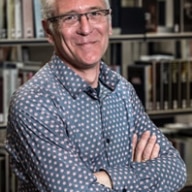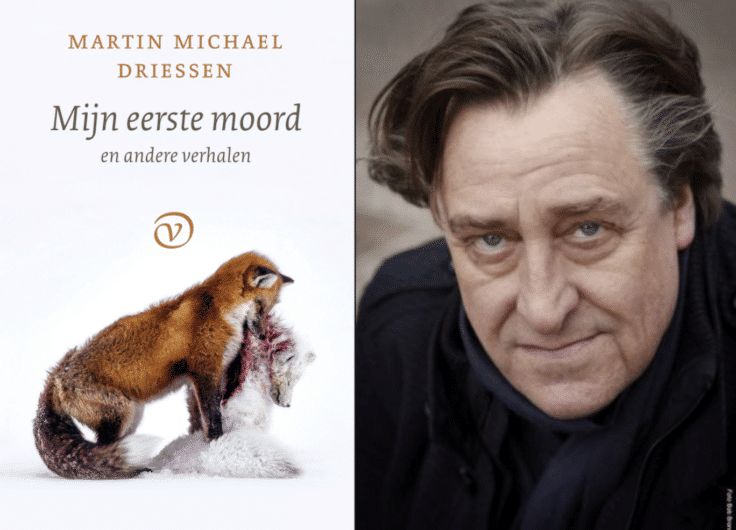Martin Michael Driessen: A New Voice in Dutch Fiction
Martin Michael Driessen (b. 1954) has already had a successful theatre career as a director, actor and translator in the Netherlands and Germany. Today he has established himself as an important figure in contemporary Dutch writing. Recently My First Murder appeared, a collection of short stories and novellas. An overview of Driessen’s opulent oeuvre.
Gars (1999)
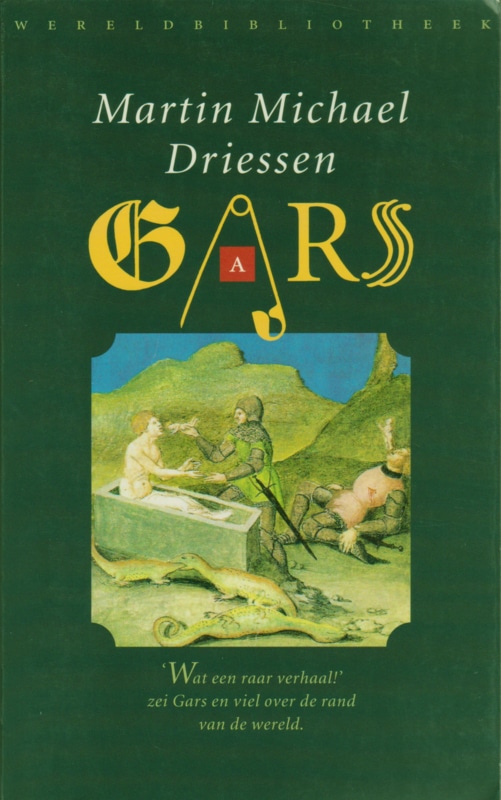
Driessen’s first novel was longlisted for the AKO Prize. Dedicated to a young son who had recently died, it is a wildly original book. With multiple digressions and non-sequiturs, it tells the story of a bumbling knight, Gars de Gars, who eventually finds himself both pope and king of France. There is a large supporting cast of magicians and armourers, queens, princes and princesses. The effect is by turns surreal, erotic, anachronistic, scatological and cartoon-like.
Though Gars is aware that ‘the world is full of false signs’, he nevertheless goes charging off on a quest for each new one, giving the book such narrative impulse as it has. The novel’s originality does not preclude occasional echoes of Rabelais, W.F. Hermans’ De God Denkbaar and Louis Paul Boon’s obscene prose.
The cover of the book illustrates its dual reference points, historical and contemporary: most of the lettering and the illustration locate the story firmly in the Middle Ages, but the safety pin used to make the letter A of Gars is pure punk. Gars’ exclamation ‘What a weird story,’ before falling off the edge of the world, could have made an appropriate finale, but the ending when it comes seems (appropriately) arbitrary, as Harro the magician announces: ‘Next comes the cover’ and the curtain falls.
Vader van God (Father of God, 2012)
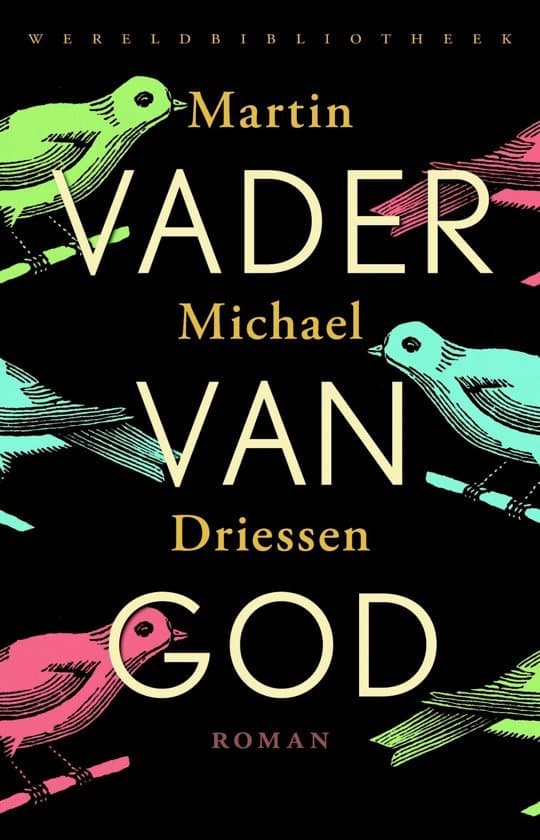
At times this book is as eclectic as Gars, and strewn with absurd slapstick humour. But it contains a serious narrative thread in God’s dissatisfaction with his own creation and most of all his longing for a father, ‘to tell him the things he didn’t yet know’. He must be born as a man, since ‘our earliest childhood is an Atlantis that we know only from myths.’ The novel contrasts markedly, for example, with J.M. Coetzee’s sober, even solemn allegories The Boyhood of Jesus and The Schooldays of Jesus. The hand of the theatrical professional is apparent in the very effective dialogues. There is great pathos in Joseph’s death, which is followed neither by an apotheosis nor by a terrestrial burial.
Een Ware Held (A True Hero, 2013)
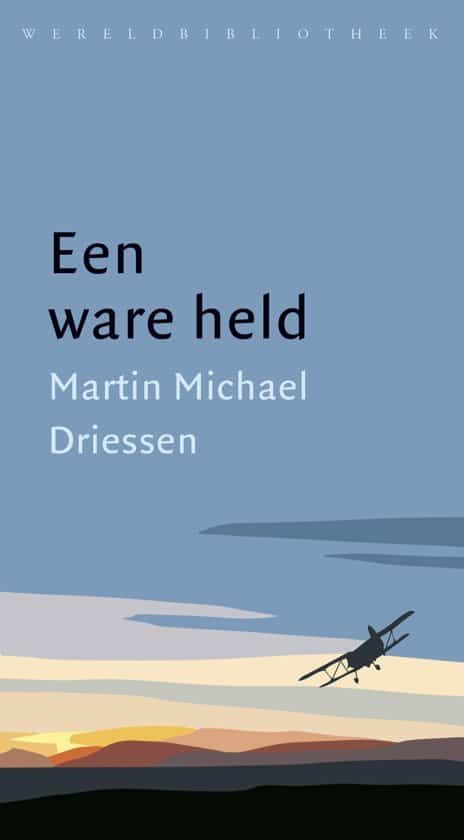
The author is credited with saying that perfection in prose is easier to achieve in the short form, and this is certainly a very accomplished novella. Set on the Slovenian front in the First World War, it follows the tribulations of two Italian brothers, Beppo and Luigi, whose unit is to have every fourth man shot for abandoning an avalanche-prone hillside. Beside the camaraderie of the soldiers, the suspense as to who will survive is effortlessly created.
Lizzie (2015)
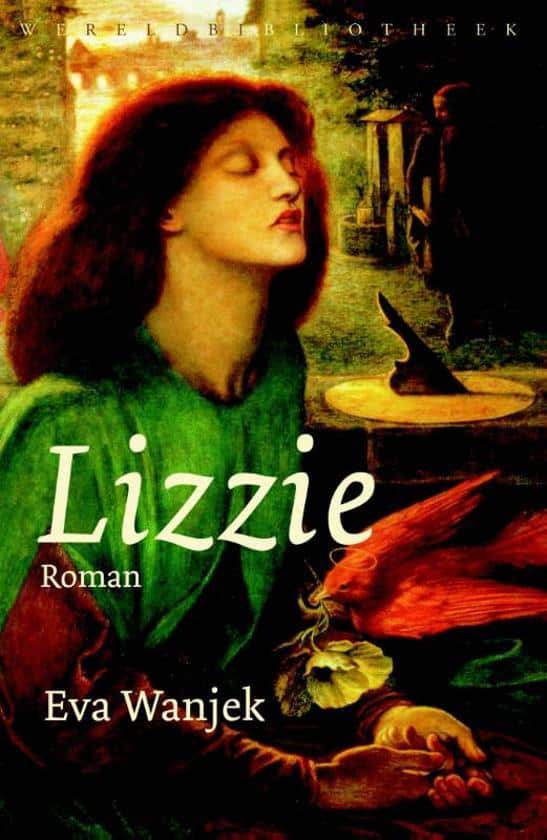
Written collaboratively with Liesbeth Lagemaat under the joint pseudonym Eva Wanjek, this novel traces the historically-based relationship between the Pre-Raphaelite Dante Gabriel Rossetti and his wife and muse Elizabeth Siddal up to her eventual death from a drugs overdose. The collaborative novel has an honourable tradition in Dutch literature. The great specialist was Simon Vestdijk, who wrote an epistolatory novel with H. Marsman, Heden ik morgen gij (Today Me, Tomorrow You, 1936) and one each with Henriëtte van Eyck (Avontuur met Titia, Adventure with Titia, 1949) and Jeanne van Schaik-Willink (De overnachting, The Night’s Lodging, 1947). What is new in Lizzie is the typographical differentiation of the two contributions. It suggests a strict adherence to male and female roles respectively, though it is not in itself conclusive.
A moving account, however familiar one may be with the biographical facts.
Rivieren (Rivers, 2016)
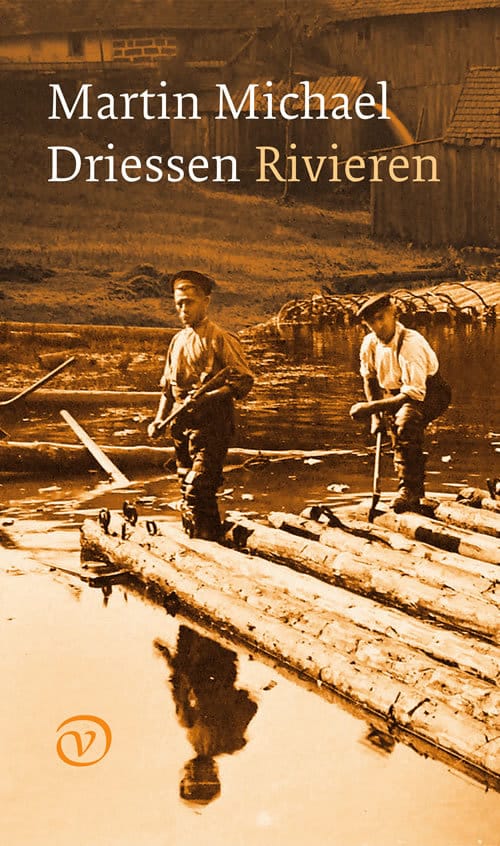
Driessen confirmed his mastery of the novella form in this breakthrough book, which was awarded the ECI Literature prize. Three stories, set at different periods and in different locations, but linked by the presence of a river. In the first, Fleuve sauvage, an alcoholic actor on a canoeing trip has an encounter with a herd of cattle, eventually killing both a heifer and the farmer’s daughter, before himself drowning in a weir. De reis naar de maan (‘The Journey to the Moon’) shows how a boss’s son and a workman deny their feelings for each other, until their last journey, taking logs down the Rhine, is over. In Pierre en Adèle reconciliation wins out over an age-old family feud about land crossed by a river.
Dodendansjes (Dances of Death, 2017)
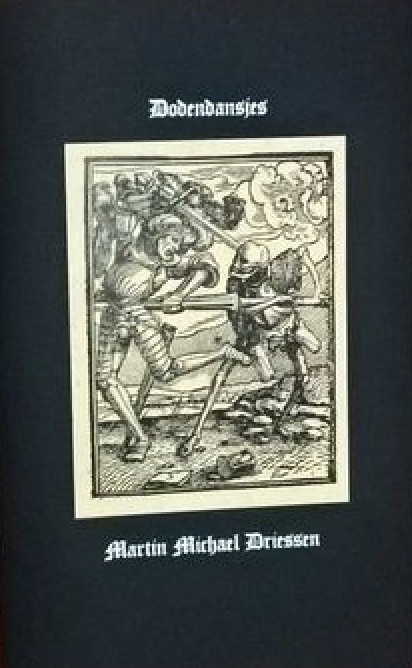
This triptych of stories on death, and more specifically on the frustration of one’s wishes for one’s own death, represents a new (technical) departure for the author: this is a limited-edition bibliophile edition.
Vrouwen en Kinderen Eerst (Women and Children First, 2017)
This account of an elaborate hoax at sea appeared in the same limited-edition format.
De Pelikaan (The Pelican, 2017)
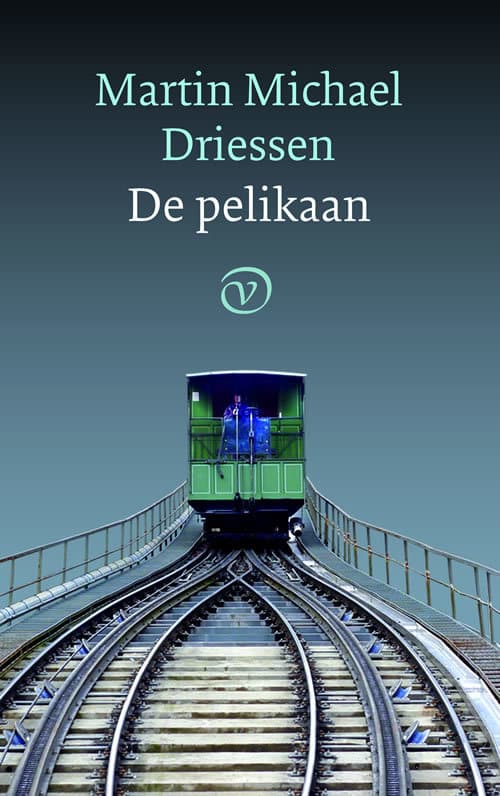
De pelikaan is subtitled ‘a comedy’ and set in a Croatian coastal town at the beginning of the break-up of Yugoslavia. The two protagonists, the postman Andrej and Josip, the driver of the town’s funicular railway, contrive to blackmail each other for years without realising the other’s identity. Andrej dies fittingly in an accident on the funicular railway, Josip of a heart attack while playing roulette in a casino with his lover. The humour deriving from the central misunderstanding is never over-emphatic, though one critic, Kees ‘t Hart in De Groene Amsterdammer warned: ‘while this is not a farce, corny humour lurks in the background.’ Be that as it may, Driessen evokes beautifully the camaraderie of the old chums and the provincialism of the town, as well as the underlying theme of human inadequacy. The book was shortlisted for the Libris Prize.
Mijn Eerste Moord (My First Murder, 2018)
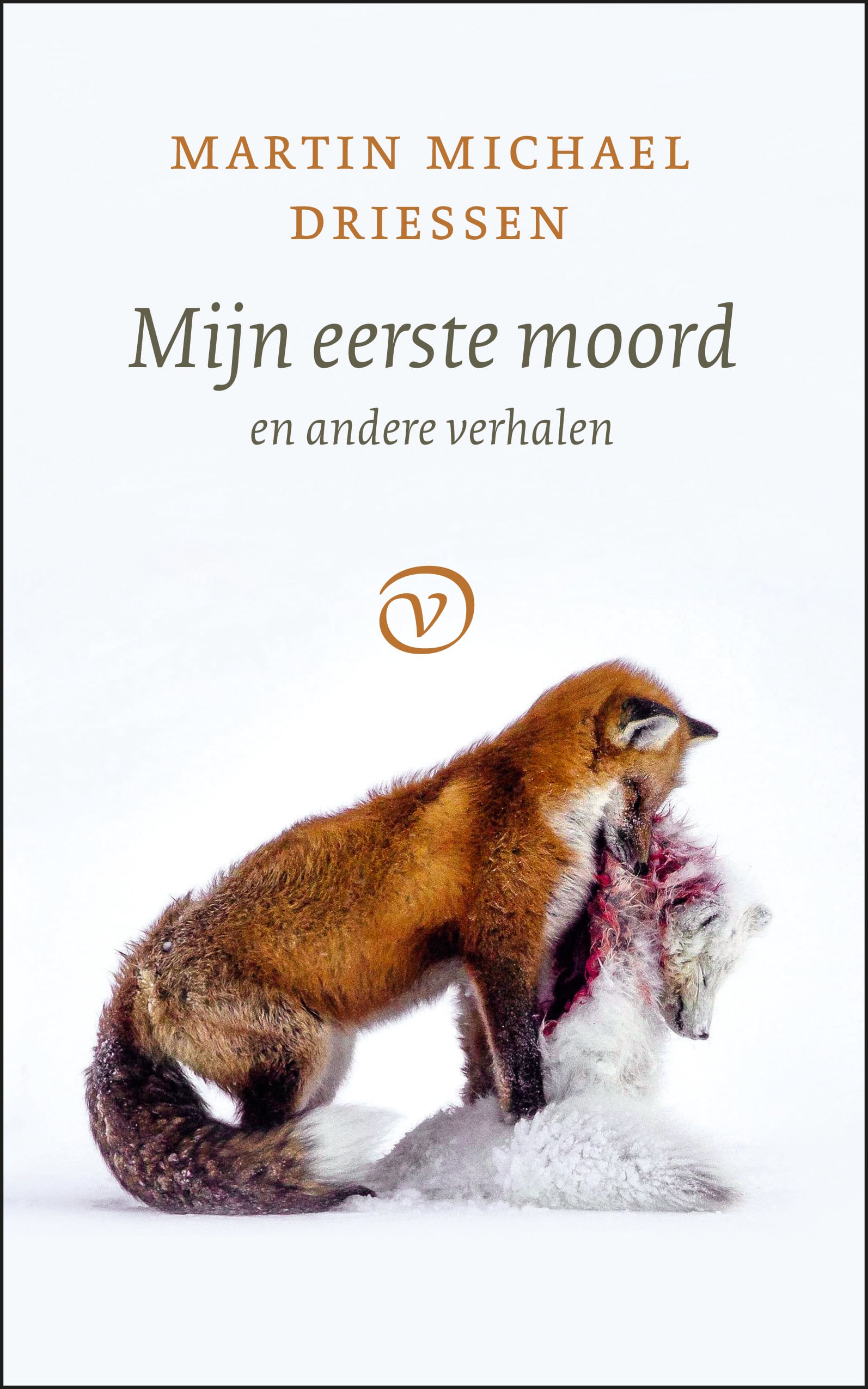
This collection includes three previously published items: Dodendansjes, the novella Een ware held and Vrouwen en kinderen eerst. Orfeus is an original, amusing and touching reworking of the myth. In Tijdrit (Time Trial) a father commemorates the death of his racing cyclist son by retracing the route of the latter’s greatest triumph. Mijn eerste moord (My First Murder) is a chilling early glimpse of a psychopath, who tries to drown a playmate. In Het heilige water (The Holy Water) two mature lovers are forced to leave their home village in interwar Galicia. Enigma, set in the Napoleonic period, features two beautiful young aristocrats who seem destined for each other but who decide otherwise. Finally, Aquis submersus, the translation of a novella by Theodor Storm (1876), is an accomplished frame narrative. In the frame section, set in the seventeenth century, a Dutch-trained artist has an illicit love affair with the daughter of his patron, culminating in the death of their son. His own career is similarly ‘swallowed up by the waters’.
With a broad imagination and a formidable stylistic arsenal Driessen seems forever to be looking for new meadows. The criticism that his style and tone are ‘traditional’ do not bear scrutiny when one considers such works as Gars and Vader van God. This is a writer to whose latest book one looks forward expectantly: which way will his creative impulse take him this time?

